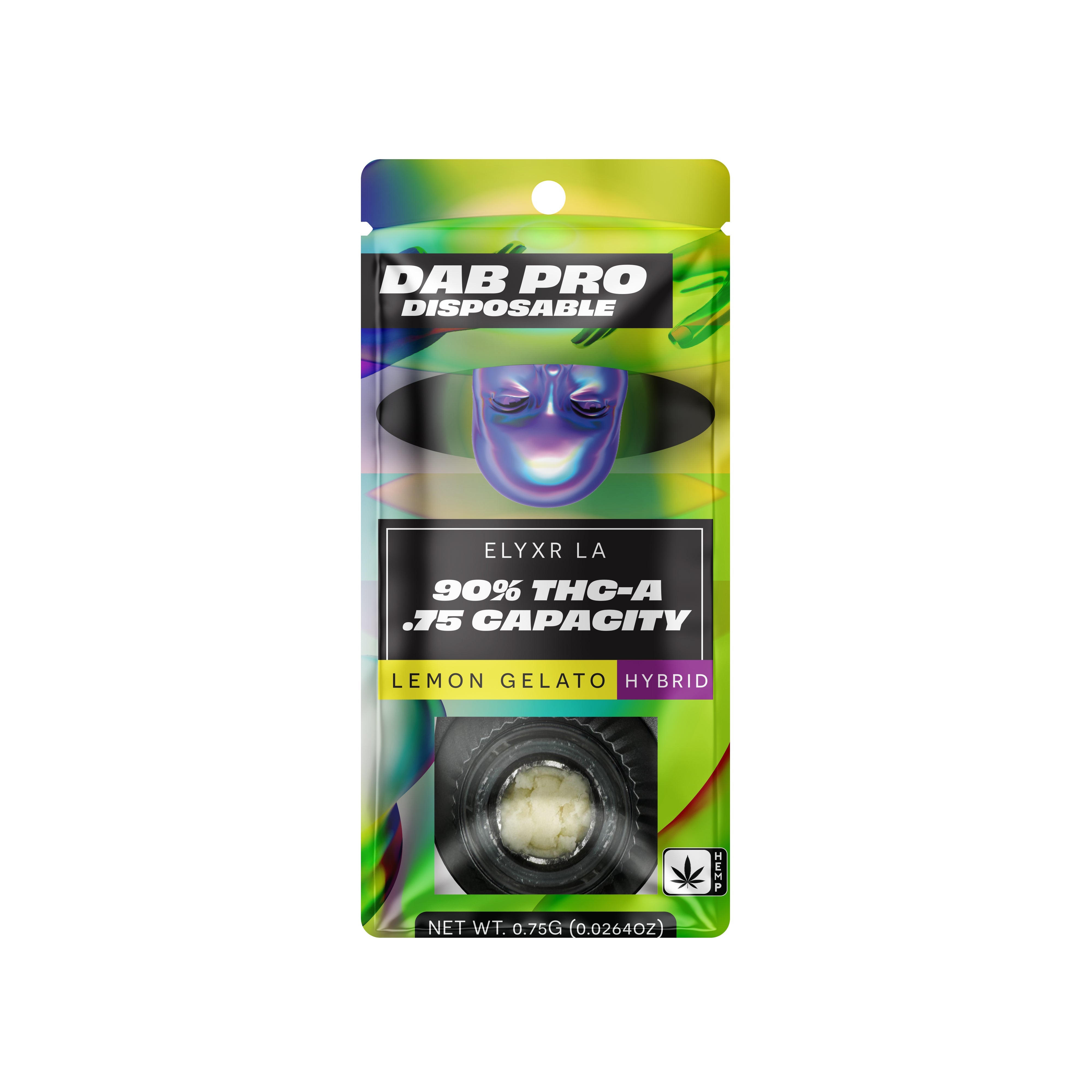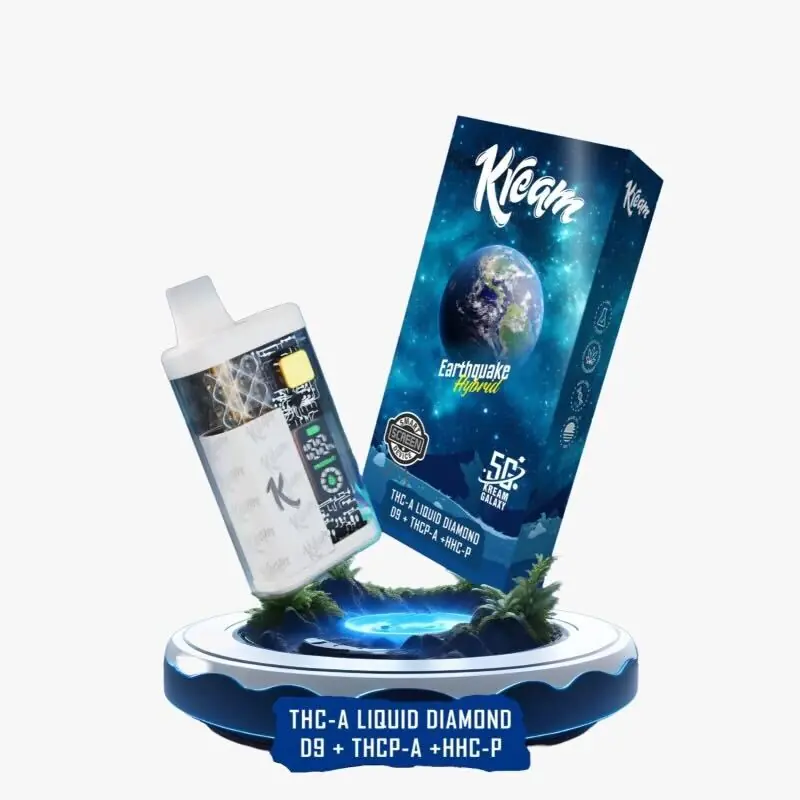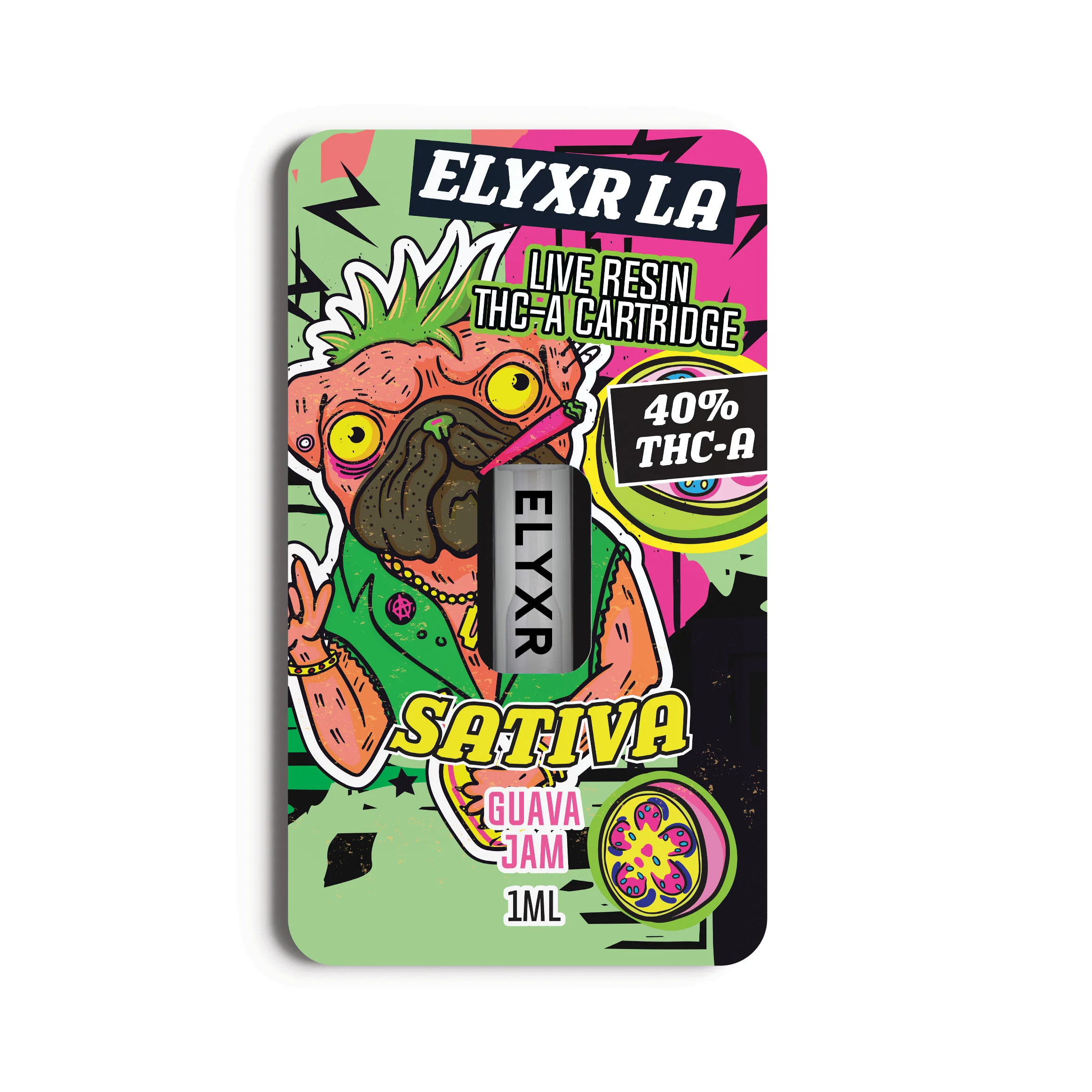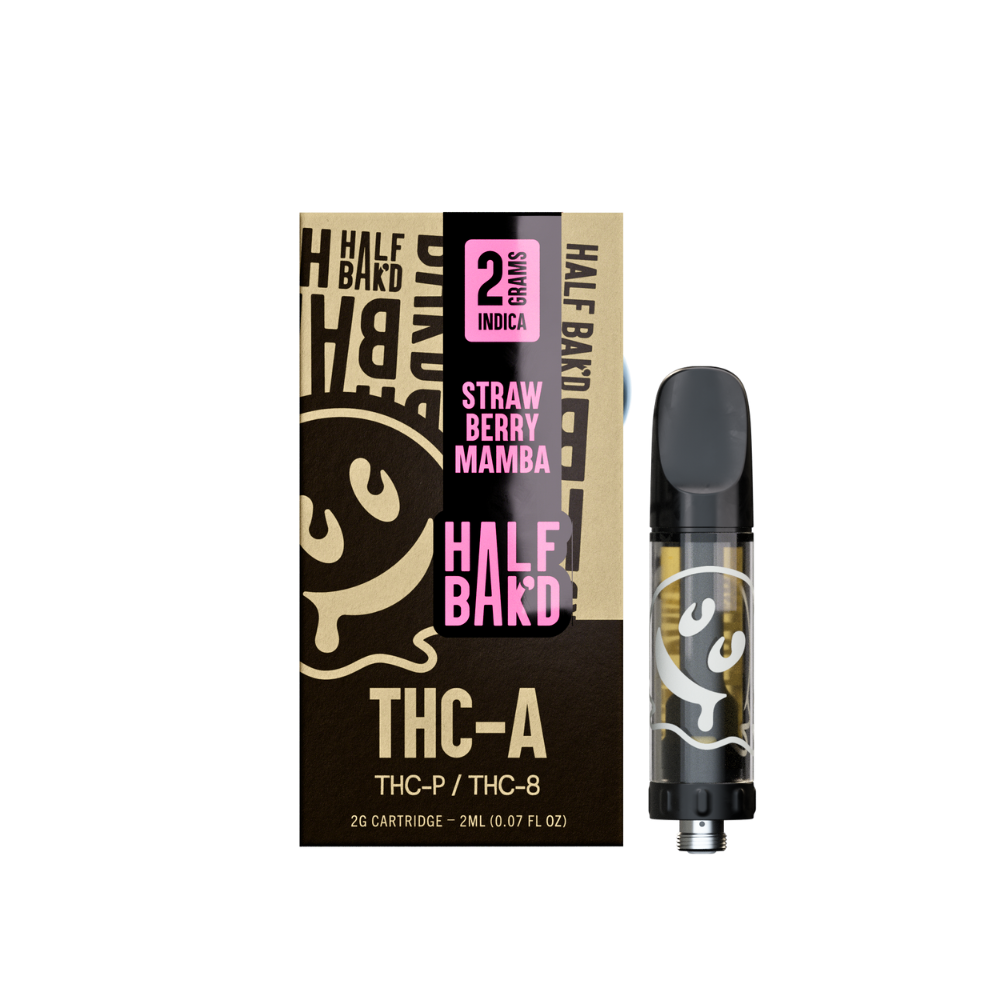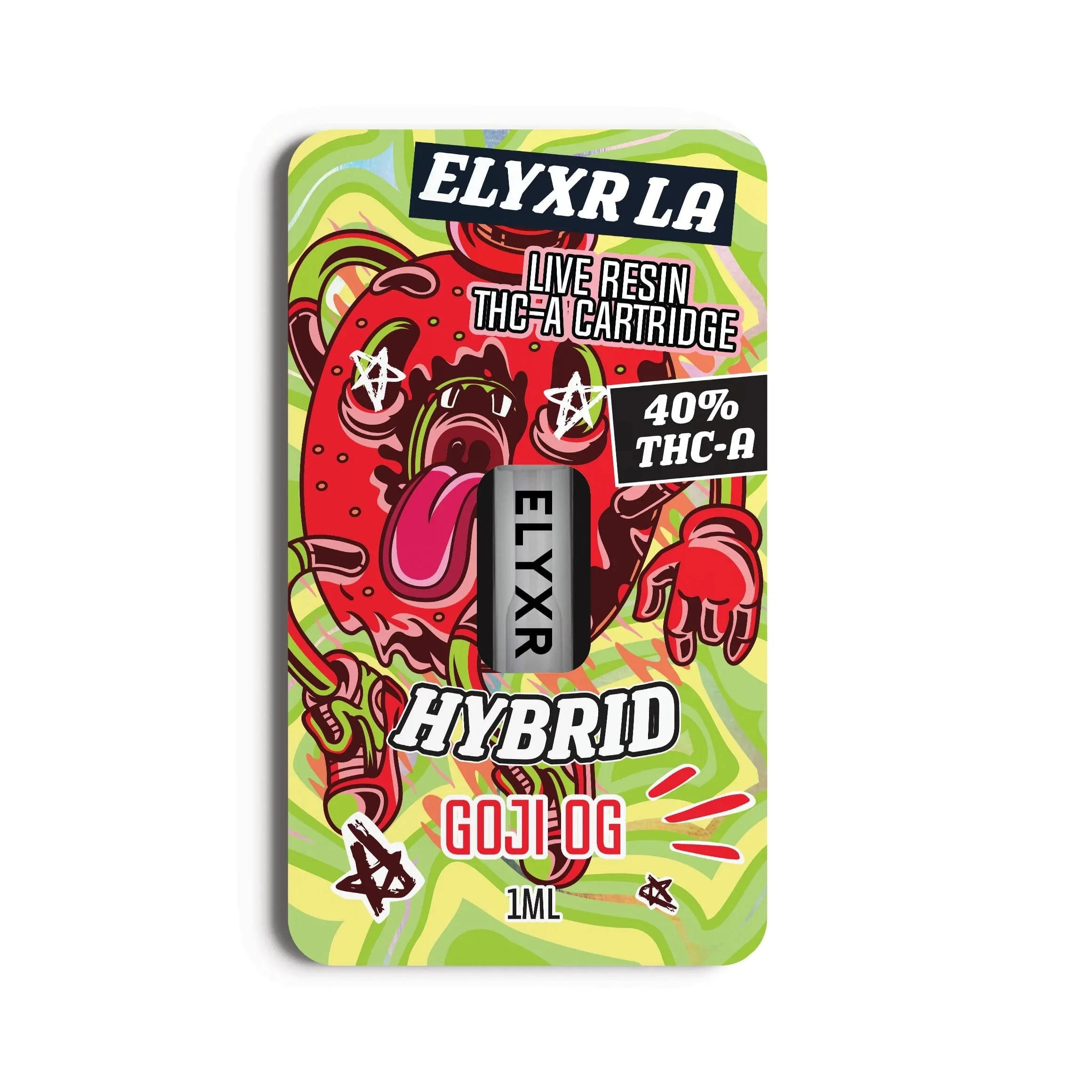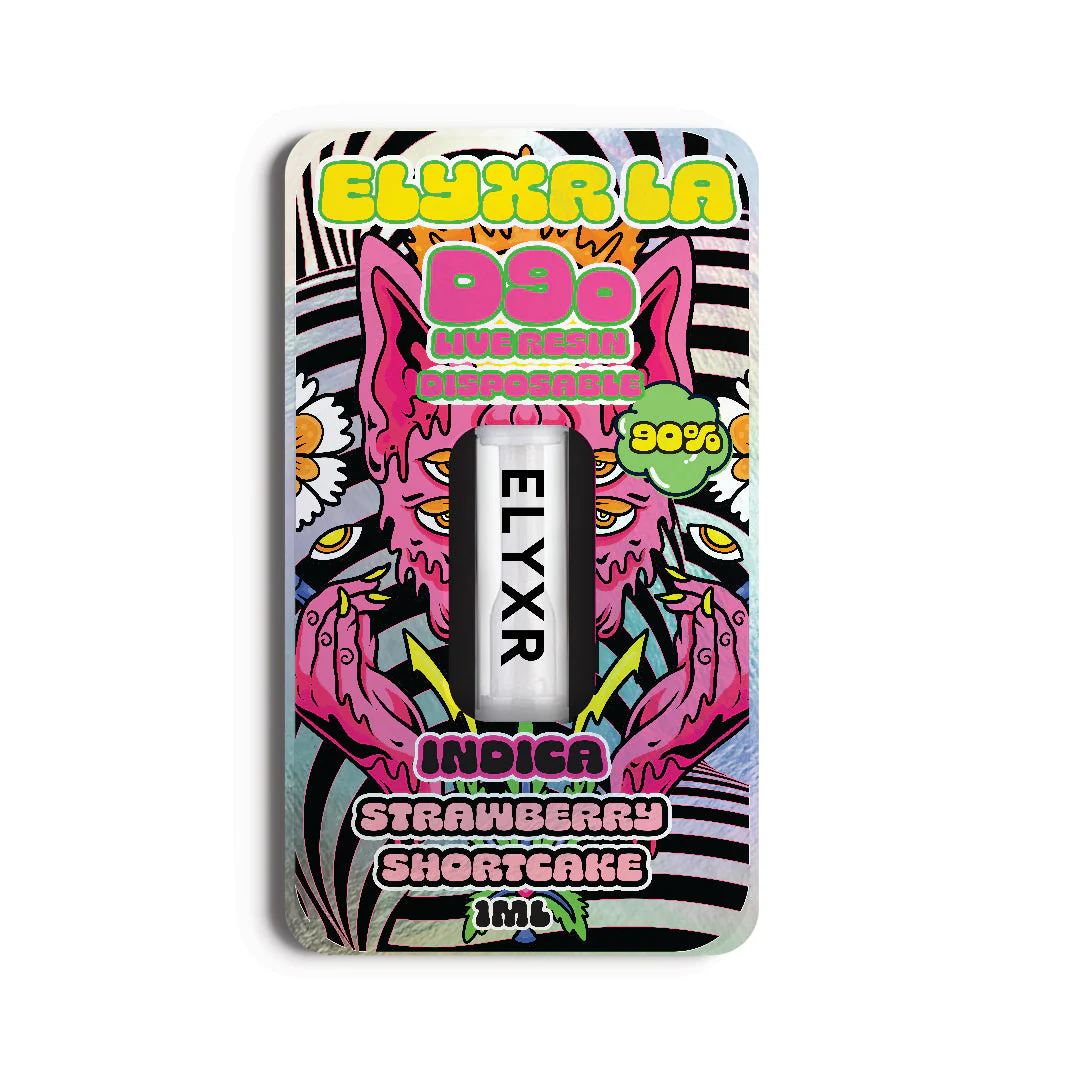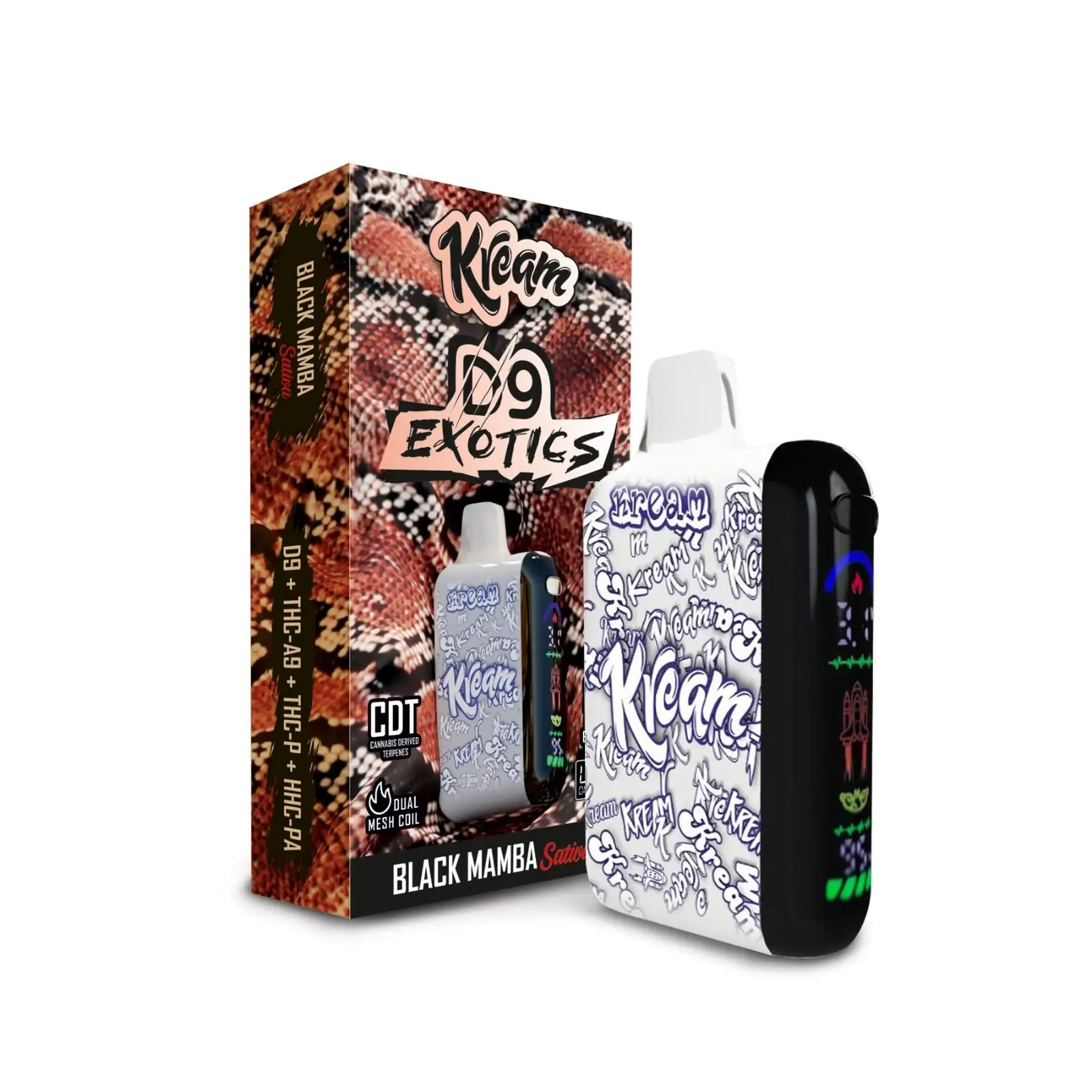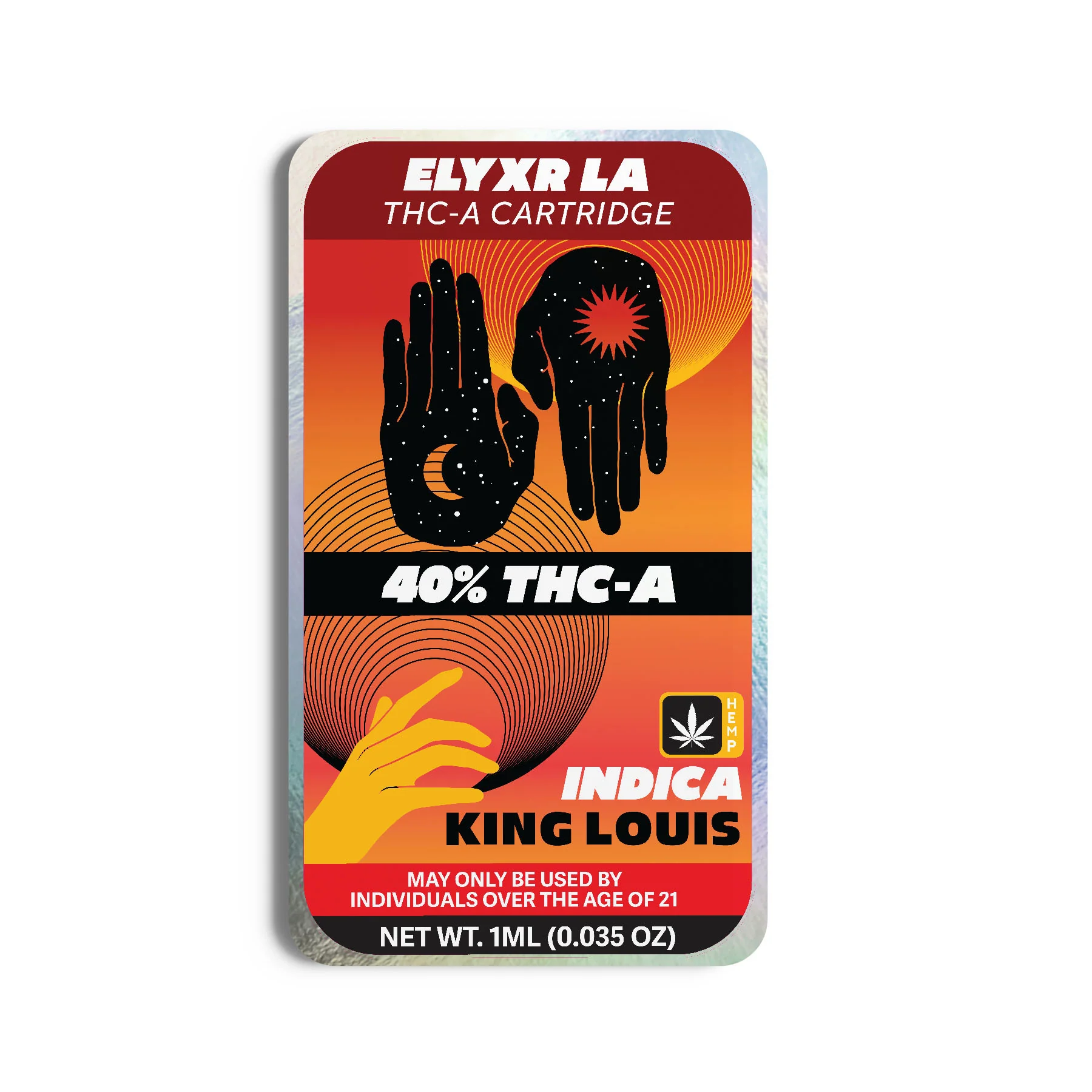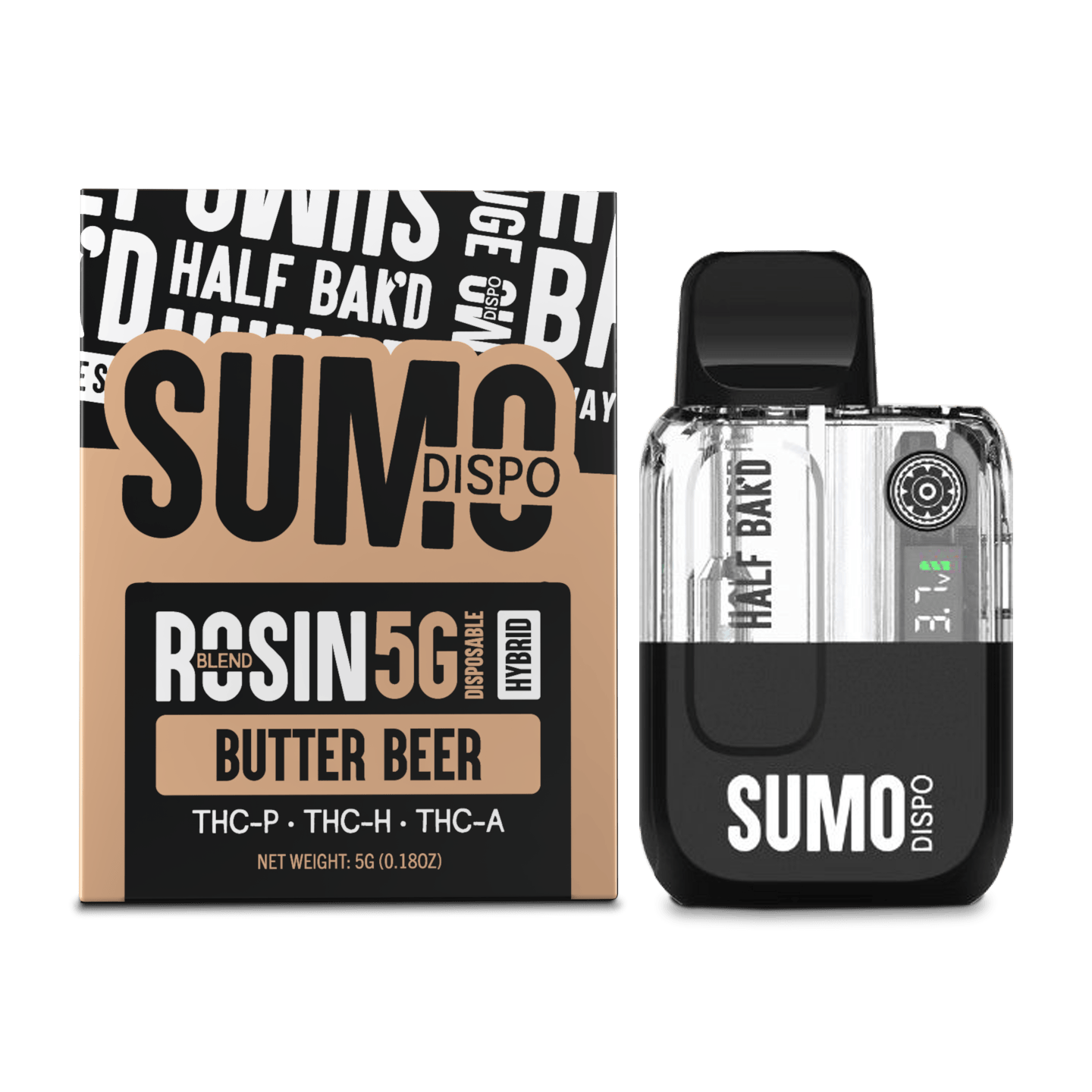The cannabis plant has always had a way of keeping people curious. Just when you think you’ve heard of all the cannabinoids out there, a new molecule makes its way into the spotlight… for example, what is HHCo? Over the last few years, minor cannabinoids like Delta 8 THC and THC-O have sparked massive interest as alternatives to the classic high from Delta 9 THC. Now, another name is making waves: HHC-O.
Also referred to as hexahydrocannabinol acetate, this compound is being sold in vape carts, disposables, and edibles, and users report it offers powerful psychoactive effects. But what is HHC-O, how does it work, and what should you know before trying it? Let’s break it down.
What is HHC-O?
At its core, HHC-O — short for hexahydrocannabinol O acetate — is a synthesized derivative of HHC, which itself is created through a process called hydrogenation. While HHC can be found naturally in trace amounts as a degradation byproduct of THC, HHC-O is not found naturally in the cannabis plant. Instead, it’s a lab-created acetate version of HHC that involves attaching an acetate group to the base molecule. This acetate molecule fundamentally changes the compound’s interaction with the body, often making it more potent and altering how the endocannabinoid system absorbs it.
HHC-O belongs to the growing family of hemp derived cannabinoids that are made legally possible thanks to hemp products containing less than 0.3% Delta 9 THC. Because of this, HHC-O is being marketed alongside other cannabinoids such as Delta 8 THC, CBD, and THC-O as a new cannabinoid for adventurous consumers.
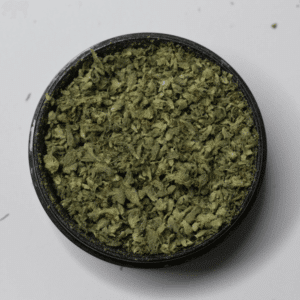
How is HHC-O Made?
To understand what makes HHC-O different, you need to look at how it’s synthesized. It starts with HHC, or hexahydrocannabinol, which itself is produced by hydrogenation of THC. Hydrogenation is a chemical process where hydrogen molecules are added to stabilize the structure of THC, creating HHC. From there, chemists introduce acetic anhydride, a compound used to create acetates. This process attaches an acetate group, resulting in HHC-O acetate.
The addition of the acetate group, made up of two carbon atoms and other elements, transforms the base cannabinoid into a more potent acetate version. This acetylation process is similar to how THC is turned into THC-O. Because of these chemical changes, HHC-O interacts with the body differently, often producing stronger and longer-lasting psychoactive effects compared to HHC.
HHC vs. HHC-O: Spotting the Differences
So how does HHC stack up against its acetate version? HHC, while psychoactive, tends to be milder in potency, with effects similar to Delta 8 THC. Users often describe HHC products as producing smooth, relaxed highs that aren’t overwhelming. HHC-O, on the other hand, is significantly stronger. By adding the acetate molecule, the compound absorbs more efficiently in the body, making it much more potent.
If HHC is the chill, easygoing cousin in the cannabinoid family, HHC-O is the turbo-charged version that demands more respect. Many users report effects similar to stronger forms of THC, sometimes even bordering on psychedelic-like sensations at higher doses. This is why HHC-O products are often marketed toward experienced cannabis users rather than beginners.
How Strong is HHC-O?
Potency is one of the main reasons HHC-O is making headlines. Compared to HHC, the acetate version is estimated to be 1.5–3 times stronger. While it doesn’t necessarily hit as hard as THC-O, HHC-O still belongs in the category of highly potent psychoactive substances.
When ranking cannabinoids, you might think of it like this:
- Delta 8 THC – mild, manageable high
- HHC – slightly stronger, smooth effects
- HHC-O – significantly more potent, with deeper psychoactive effects
- THC-O – among the strongest hemp derived cannabinoids
Because of its potency, HHC-O should be approached with caution. Small doses are recommended, as the compound can easily overwhelm those who aren’t prepared for its intensity.
What Does HHC-O Feel Like?
Users report a wide range of psychoactive effects from HHC-O, most of which align with the classic THC experience but dialed up a notch. The euphoric effects are stronger, and the body high often lasts longer than with other cannabinoids. Some describe it as “simply THC but heavier.”
Common effects include:
- Euphoric effects and mood elevation
- Deep relaxation and even couch-lock
- Enhanced sensory perception
- Stronger psychoactive effects compared to HHC
- At high doses, some users report mild psychedelic-like visuals
HHC-O edibles, in particular, can feel even more potent due to the way the body metabolizes them. Compared to vapes, edibles deliver a slower onset but a much longer and heavier experience.

Potential Benefits of HHC-O
While there’s still more research needed, anecdotal evidence suggests HHC-O could have potential benefits similar to other cannabinoids. Some of the most commonly discussed include:
- Stress and anxiety relief
- Pain relief and anti-inflammatory properties
- Sleep support and deeper rest
- Enhanced mood and relaxation
Because HHC-O is a new cannabinoid, there are no peer-reviewed studies yet, though interest from journals like ACS Chemical Biology suggests scientific research may eventually catch up.
For now, users experimenting with HHC-O should treat these benefits as potential, not proven. As with other hemp derived CBD and cannabinoids, it’s about finding what works for your body while staying aware of potential risks.
Safety and Side Effects of HHC-O
Is HHC-O safe? That’s one of the biggest questions consumers ask. Because it’s a synthesized compound and not naturally occurring in the hemp plant, the safety profile is less understood. Side effects reported by users include dry mouth, dizziness, anxiety, and strong sedation. Overconsumption increases potential risks, especially with edibles.
There’s also the issue of unregulated production. Some convenience stores and online retailers may sell HHC-O products that aren’t lab tested. Without testing, harmful chemicals or residues could remain from the synthesis process, especially with acetic anhydride involved. For this reason, choosing quality products from reputable brands is essential.
As with all psychoactive substances, safety depends on responsible consumption: start low, go slow, and do your own research before buying.
Is HHC-O Legal?
The question of HHC-O legal status is complicated. On a federal level, hemp derived cannabinoids are considered federally legal under the 2018 Farm Bill as long as they contain less than 0.3% Delta 9 THC. This is why HHC-O, like Delta 8 and THC-O, is sold across the country.
However, legality varies by state. Some states have moved to ban or restrict cannabinoids like HHC-O due to safety concerns. Internationally, organizations such as the European Monitoring Centre for Drugs and Drug Addiction are monitoring new molecules like HHC-O and its derivatives.
So while you may find HHC-O edibles and vapes sold online and in shops, it’s important to check your local laws before making a purchase.
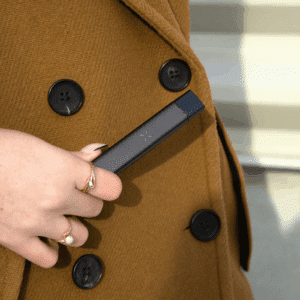
Final Thoughts: Should You Try HHC-O?
HHC-O, or hexahydrocannabinol acetate, is one of the newest and most potent hemp derived cannabinoids on the market. By attaching an acetate group to HHC through hydrogenation and acetylation, chemists have created a compound that delivers powerful psychoactive effects. Users report effects similar to THC but with stronger euphoric effects and longer-lasting results.
That said, HHC-O is not without its caveats. More research is needed to fully understand its safety profile, potential risks, and long-term effects. It’s also a compound best suited for experienced cannabis users rather than beginners due to its potency.
If you decide to explore HHC-O, prioritize reputable brands, lab-tested HHCO products, and responsible consumption. As with all new cannabinoids, staying informed and cautious is the best way to make the most of what the cannabis plant continues to offer.
What is HHCO: Frequently Asked Questions
1. Does HHC-O get you high?
Yes, HHC-O definitely gets you high. In fact, many users report that HHC-O acetate feels significantly stronger than HHC or Delta 8 THC. Its acetate group allows the body to absorb it more efficiently, leading to more potent psychoactive effects such as euphoria, relaxation, and even mild visuals at higher doses. Beginners should approach with caution and start with a very small dose.
2. What is the difference between HHC and HHC-O?
HHC, or hexahydrocannabinol, is created through hydrogenation of THC and produces effects similar to Delta 8. HHC-O, also known as hexahydrocannabinol O acetate, is an acetate version of HHC. By attaching an acetate molecule, chemists created a more potent compound with stronger euphoric effects. Simply put: HHC is milder, while HHC-O is the turbo-charged acetate version.
3. Is HHC-O banned?
On the federal level, HHC-O is considered part of the hemp derived cannabinoids allowed under the 2018 Farm Bill, meaning it is federally legal as long as it comes from hemp and contains less than 0.3% Delta 9 THC. However, some states have banned or restricted new cannabinoids like HHC-O, so whether HHCO products are legal depends on where you live. Always check local regulations before buying.
4. Is HHC-O synthetic?
HHC-O is not found naturally in the hemp plant. While HHC can appear in tiny concentrations as a degradation byproduct of THC, HHC-O is synthesized in a lab by combining HHC with acetic anhydride to form an acetate version. Because of this process, HHC-O is considered a semi-synthetic cannabinoid rather than something naturally occurring in cannabis.
5. Does HHC O show up on a drug test?
Most standard drug tests screen for THC metabolites, not specifically for cannabinoids like HHC or HHC-O. However, because HHC-O is closely related to THC and produces effects similar to Delta 9 cannabis products, it can likely trigger a positive result on a drug test. Even though it’s a hemp derived cannabinoid, your body may process it in ways that are indistinguishable from traditional THC during testing. If you have an upcoming test for work or other reasons, it’s safest to avoid HHC-O products altogether.
6. Is HHCO legal?
HHC-O’s legal status depends on where you live. On the federal level in the U.S., HHC-O is generally considered legal because it’s made from hemp derived cannabinoids and falls under the 2018 Farm Bill, as long as it contains less than 0.3% Delta 9 THC. That said, some states have banned or restricted new cannabinoids such as HHC-O due to concerns over safety, potency, and lack of regulation. Internationally, organizations like the European Monitoring Centre for Drugs and Drug Addiction are also keeping an eye on these new molecules. To stay safe, always check your local laws before purchasing or consuming HHC-O products.





